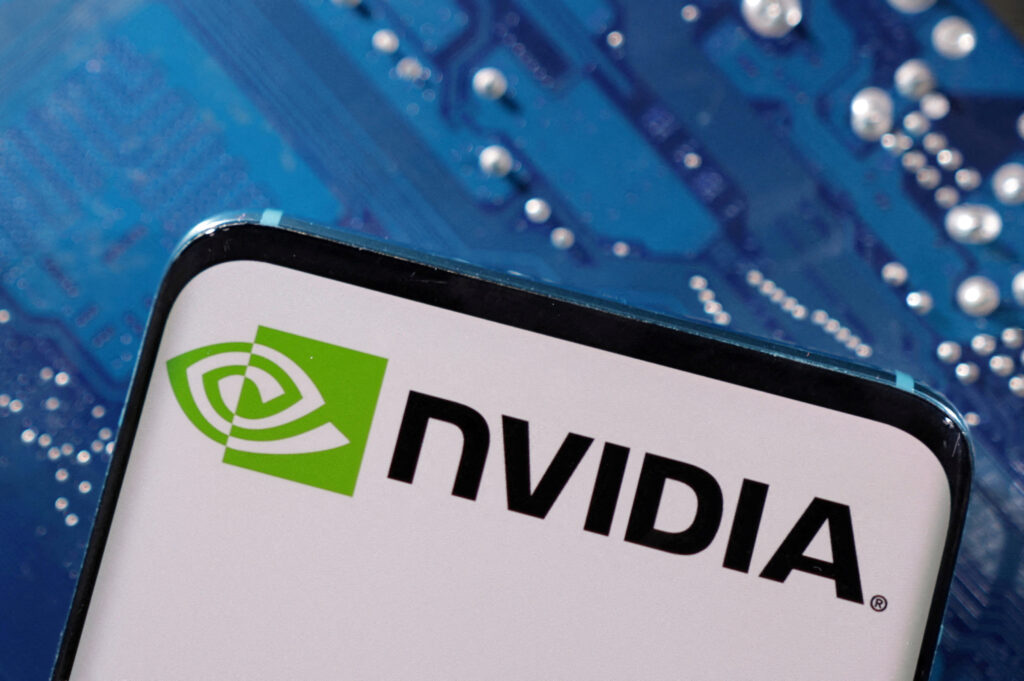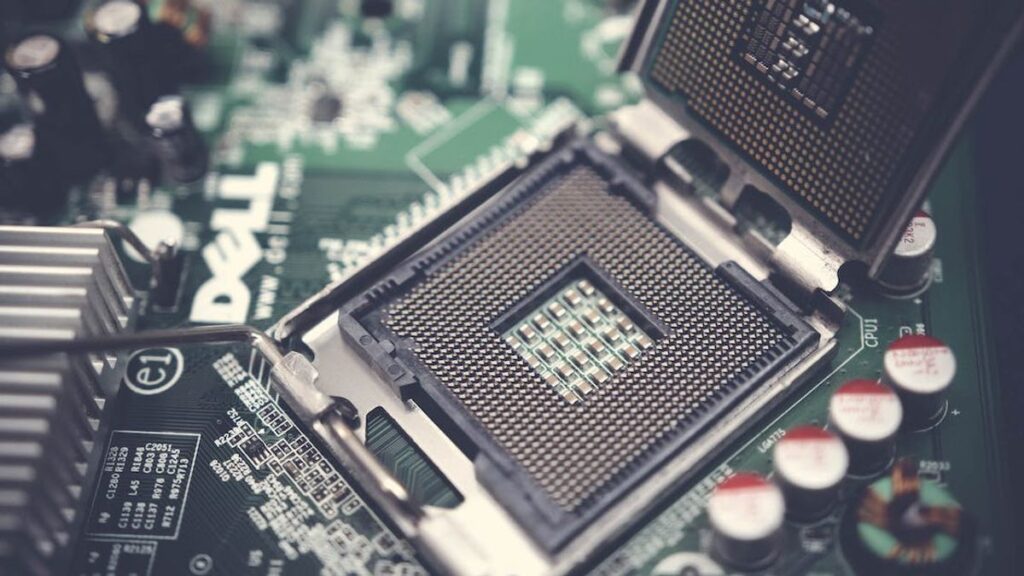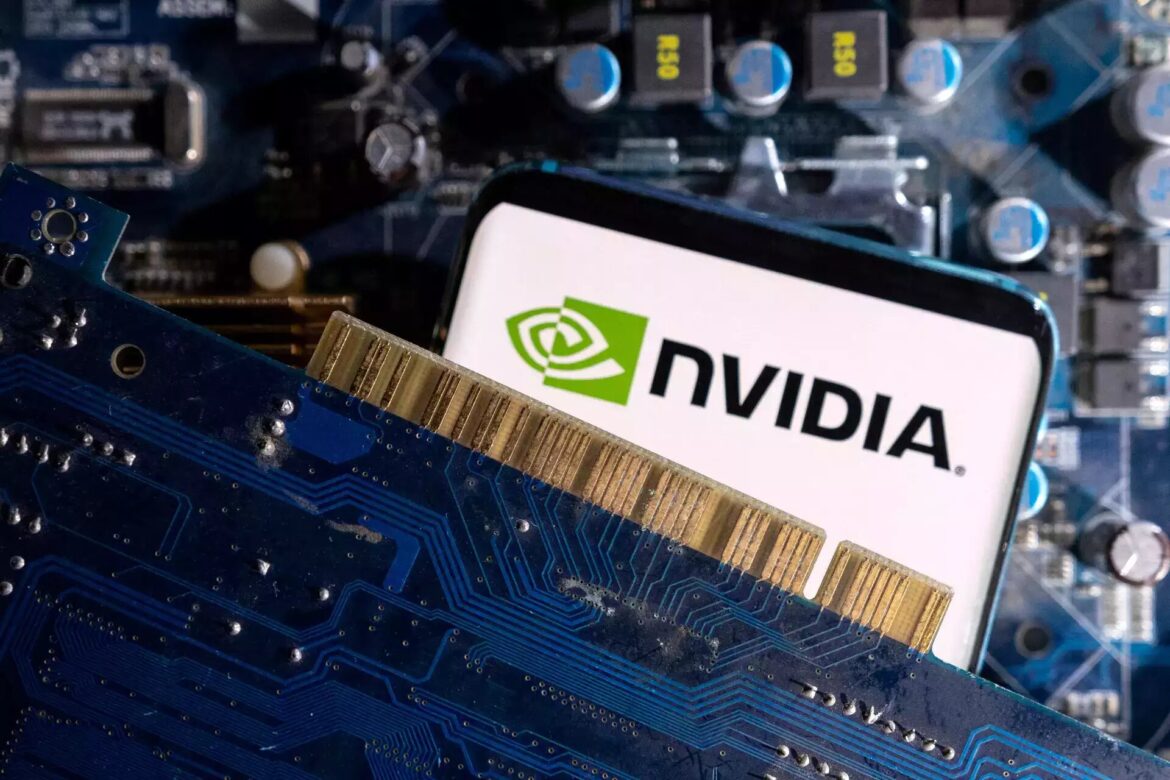Despite export limitations put in place by the United States, Chinese dealers are profiting from the soaring demand for high-end Nvidia AI chips, notably the A100 artificial intelligence (AI) chips. People looking for the sought-after chips have started congregating in Shenzhen’s well-known Huaqiangbei electronics district, which is well-known for its extensive selection of electronic products, including drones and camera parts. Although the chips are not marketed in public, they may be found with careful research.
The A100 processors, created by US chip company Nvidia, are being offered for a stunning $20,000 per unit—double the standard price—by unnamed Chinese dealers who talked with Reuters.

High-end US Nvidia AI chips may be purchased or sold in China legally, but because of US export restrictions, a black market has emerged. Vendors take care to avoid drawing the notice of Chinese or US authorities.
In an effort to halt Chinese advancements in artificial intelligence (AI) and supercomputing in the face of escalating political and trade tensions, President Joe Biden’s administration introduced export restrictions.
Thought to be the most efficient for machine learning tasks, Nvidia AI chips are now in great demand because to the worldwide AI boom, which was spurred by the popularity of OpenAI’s ChatGPT.

The precise number of A100 and H100 chips entering China is still unknown, but Reuters discovered that several dealers in Hong Kong and mainland China had easy access to tiny amounts of A100 chips. Buyers often include entrepreneurs, gamers, academics, and app makers. Notably, a few municipal governments in China are also amongst the buyers.
In reaction to the circumstance, Nvidia declared that they do not allow the export of the A100 or H100 to China and instead provide lower-capability alternatives that adhere to US laws. The business also stated that it will punish consumers who were discovered to be breaking the terms of their agreement.
The Nvidia AI chips are obtained by Chinese vendors in a variety of ways, such as by importing them through businesses established in other countries, such as India, Taiwan, and Singapore, or by collecting extra stock after Nvidia sends significant volumes to important US corporations. However, the numbers produced by these techniques of acquisition are insufficient for creating complex AI models from scratch.
Even though getting these chips is very simple, researchers think that harsher regulation may come if China becomes a bigger concern in the future. Furthermore, as many Chinese AI companies are anticipated to ultimately leave the market, the premiums currently demanded by Chinese vendors for A100 and H100 chips may decrease.



